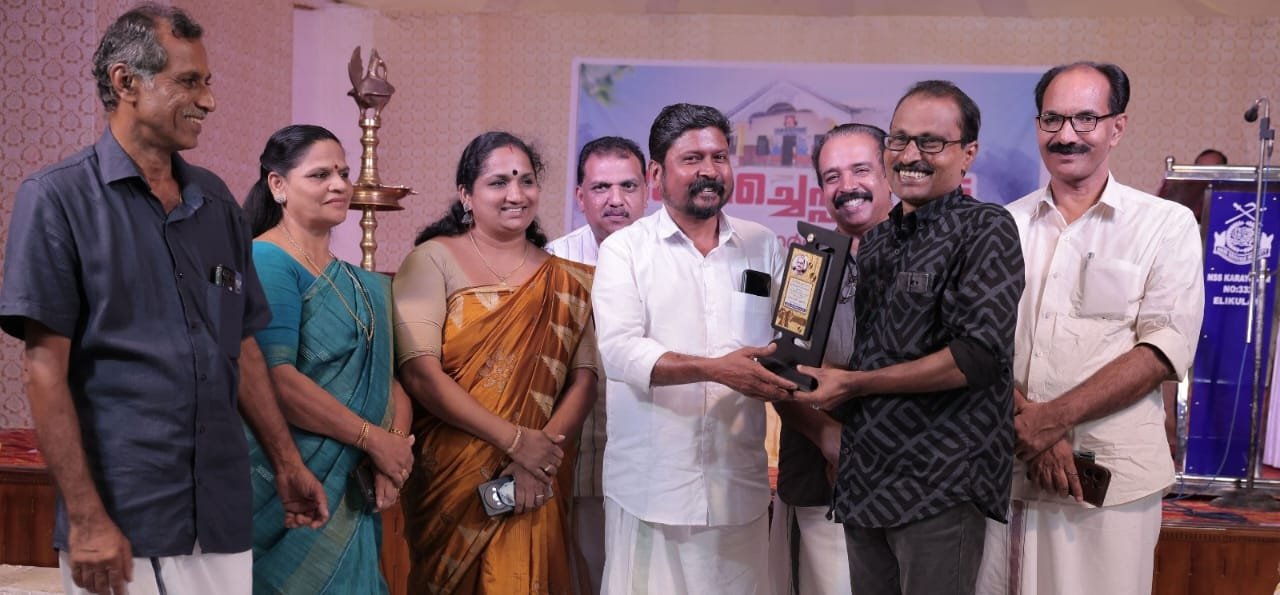Biotechnology, the manipulation of living organisms to develop products and technologies, has revolutionized medicine, agriculture, and industry. However, the rapid advancement of biotechnology brings with it a myriad of ethical considerations. As science pushes the boundaries of what is possible, society must grapple with questions of morality, equity, and responsibility. This article delves into the complex ethical landscape of biotechnology, exploring key issues and challenges at the intersection of science and society.
Ethical Principles in Biotechnology
Biotechnological advancements raise fundamental ethical questions rooted in principles such as autonomy, beneficence, nonmaleficence, and justice. How do we balance the potential benefits of biotechnology with concerns about safety, consent, and fairness? Ethical frameworks provide guidelines for navigating these dilemmas, emphasizing the importance of respecting individual rights, minimizing harm, and promoting the common good.
Genetic Engineering and Human Enhancement
One of the most contentious areas of biotechnology is genetic engineering, particularly when applied to humans. The ability to manipulate the genetic code raises profound ethical questions about the nature of identity, consent, and equality. Should we pursue genetic enhancements to cure disease, enhance cognitive abilities, or modify physical traits? How do we ensure that these technologies are used responsibly and equitably, rather than exacerbating existing disparities?
Agricultural Biotechnology and Food Security
Biotechnological innovations in agriculture have the potential to address food insecurity, improve crop yields, and mitigate environmental impact. However, the widespread adoption of genetically modified organisms (GMOs) has sparked debates about food safety, environmental sustainability, and corporate control of the food supply. How do we balance the promise of biotechnology to feed a growing population with concerns about ecological harm, socioeconomic inequality, and cultural integrity?
Biotechnology and Personal Privacy
The collection and analysis of vast amounts of biological data raise profound concerns about personal privacy and data security. From genetic testing to biometric surveillance, biotechnology intersects with issues of autonomy, consent, and surveillance. How do we protect individuals’ privacy rights in the age of big data and genetic profiling? What safeguards are needed to prevent misuse of sensitive biological information by governments, corporations, or malicious actors?
Global Governance and Regulation
Biotechnology transcends national boundaries, raising challenges for governance and regulation. As scientific advancements outpace existing legal frameworks, international cooperation is essential to ensure responsible innovation and equitable access to biotechnological benefits. How can we develop robust regulatory mechanisms that balance innovation and safety, while respecting cultural diversity and socioeconomic disparities?
Access and Equity
Biotechnological advancements have the potential to exacerbate existing disparities in access to healthcare, food, and other essential resources. Issues of affordability, availability, and cultural appropriateness must be addressed to ensure that biotechnological benefits reach marginalized communities and vulnerable populations. Efforts to promote equity may include subsidizing access to life-saving therapies, supporting community-driven research initiatives, and incorporating diverse perspectives into the design and implementation of biotechnological interventions.
Environmental Ethics
Biotechnology can have far-reaching environmental impacts, from the release of genetically modified organisms into ecosystems to the depletion of natural resources for bioprospecting and biofuel production. Ethical considerations include assessing the long-term ecological consequences of biotechnological interventions, minimizing harm to biodiversity and ecosystem services, and promoting sustainable practices that balance human needs with the integrity of natural systems. Strategies for integrating environmental ethics into biotechnological decision-making may involve conducting rigorous risk assessments, implementing ecosystem-based approaches to resource management, and fostering interdisciplinary collaboration among scientists, policymakers, and environmental stakeholders.
Dual-Use Dilemmas
The dual-use nature of biotechnology poses ethical challenges related to the potential for both beneficial and harmful applications. Technologies developed for peaceful purposes, such as gene editing or synthetic biology, could also be exploited for nefarious ends, such as bioterrorism or biological warfare. Ethical frameworks for dual-use research emphasize the importance of promoting responsible conduct, enhancing biosecurity measures, and fostering transparency and accountability in scientific endeavors. International efforts to address dual-use dilemmas may include establishing codes of conduct for scientists, strengthening export controls on sensitive technologies, and promoting open dialogue and collaboration to mitigate the risks of misuse or abuse.
Cultural and Ethical Pluralism
Biotechnology operates within diverse cultural, religious, and ethical contexts, raising questions about the universality of ethical norms and the need to respect cultural diversity and pluralism. Ethical dilemmas may arise when Western bioethical principles clash with indigenous knowledge systems, religious beliefs, or traditional practices. Respecting cultural autonomy and engaging with diverse perspectives are essential for fostering ethical dialogue and building consensus on the ethical governance of biotechnology. Strategies for promoting cultural and ethical pluralism may include incorporating indigenous ethics into biotechnological decision-making processes, fostering cross-cultural dialogue and collaboration, and supporting community-led initiatives to address local priorities and concerns.









